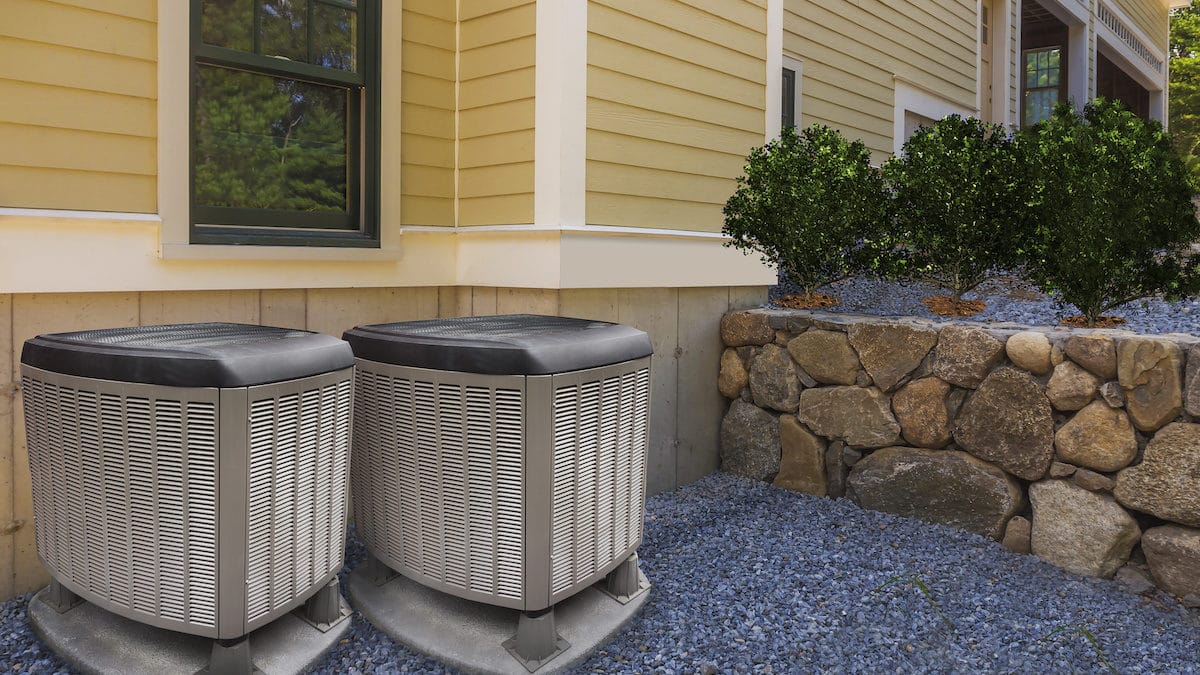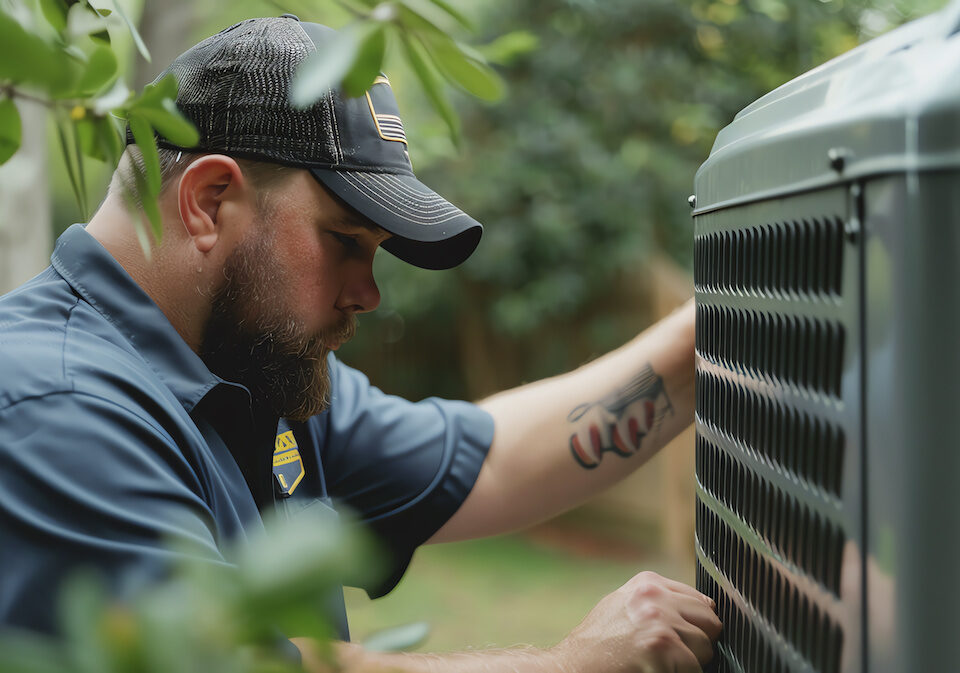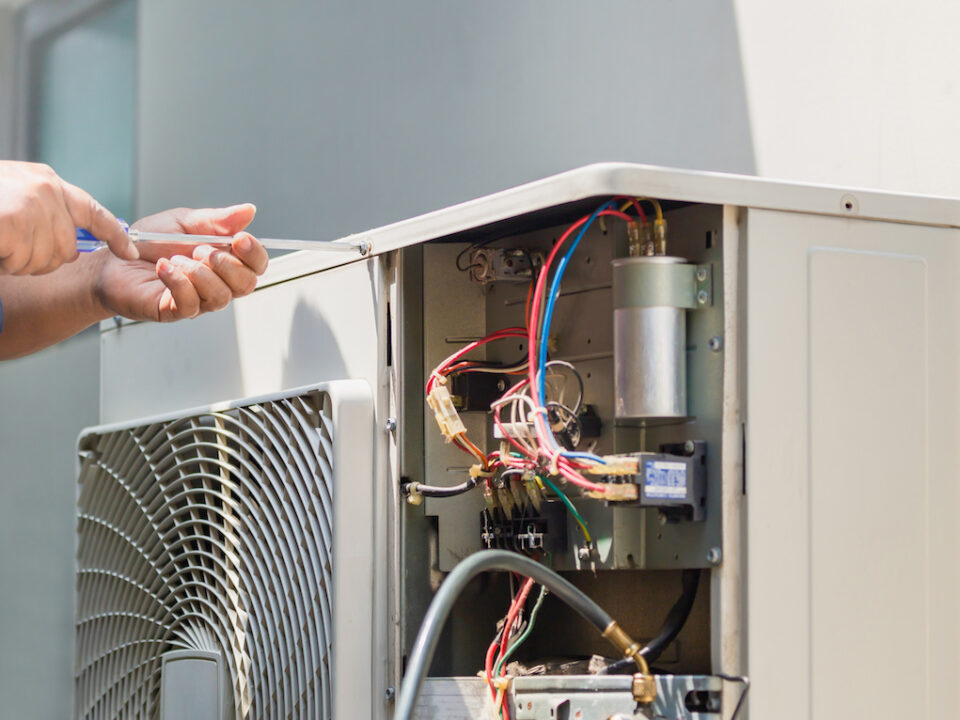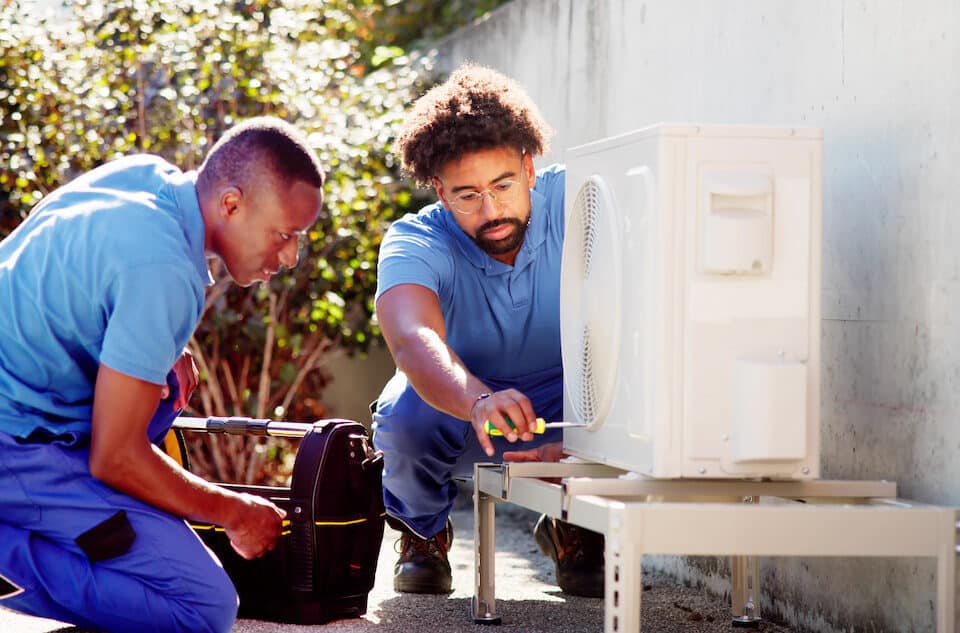Do You Know What to Do with Your HVAC System if a Hurricane Strikes?

We are in the peak hurricane season right now with Hurricane Lane approaching the Hawaiian Islands. “The Atlantic hurricane season runs from June 1 to November 30, and peaks from mid-August to late-October,” stated CNN. Last year, 4 hurricanes (Harvey, Irma, Maria and Nate) hit the United States so anything could happen.
By now, most people are familiar with the precautions we should take to protect our homes and families when a hurricane is on the horizon. Here are the top to do items:
- stock up on water and non-perishable food,
- find your flashlights and weather radio,
- stock up on batteries,
- secure your lawn furniture, and
- board up the windows.
Did you also know that there are precautions to protect your HVAC system? To minimize the possible damage, it is good to know how to protect your HVAC system before and after the storm.
Lennox, a top HVAC system, prepared how to information on how to prepare before and after a hurricane which is shared here:
HVAC preparation before the hurricane
Lennox informs “to keep your HVAC equipment as safe as possible during the storm it’s recommended that you:
- Turn off the breakers to your A/C or heat pump and indoor air handler or gas furnace
- Turn off the gas supply to gas furnaces
- Secure your outdoor unit. Make sure all bolts are secure and tight, and use hurricane straps when possible
- Protect outdoor equipment from flying debris
- If floodwater is a concern, have your HVAC unit placed on an elevated platform
- DO NOT turn your HVAC system on right after the hurricane has passed; have it inspected by your Lennox Dealer first, before you turn it back on”.
HVAC safety after the hurricane
Lennox reports “if your HVAC system was exposed to flooding or experienced other types of damage during the storm, some of that equipment may need to be replaced. Some can be repaired, but your system will definitely need to be inspected by an expert. The Air-Conditioning, Heating and Refrigeration Institute (AHRI) recommends that you follow these important safety precautions once the storm has passed.
Gas and oil furnaces and boilers
If there is any question that floodwater has reached your gas or oil furnace or boiler, it should be checked by a qualified contractor. This equipment has valves and controls that are especially vulnerable to water damage from floods—damage that might not be immediately visible. Corrosion begins inside the valves and controls, and damage may not be apparent, even if the outside of the device is clean and dry. At a minimum, this damage can result in reliability problems.
Electric furnaces
An electric furnace consists of electrically heated coils, a fan to provide air circulation across the coils, and controls that include safety relays. As with a gas furnace, an electric furnace is susceptible to corrosion and damage from floodwater, creating potential reliability problems or safety hazards. If there is any question that floodwater has reached your electric furnace, you should have it checked by a qualified contractor.
Propane heating
Use extreme caution if there is the potential for propane leaks. Have propane equipment checked, repaired and/or replaced by a contractor as quickly as possible after a flood. In every case, contractors must replace all valves and controls that have been in contact with floodwater. The gas pressure regulator on a propane system should also be checked. This regulator contains a small vent hole to sense outside pressure. For effective gas pressure regulation, this hole must always remain unobstructed. During a flood, debris can easily plug the hole, causing a dangerous malfunction or corrosion.
Radiant floor heat
With this type of heating system, electrically-heated cables or tubing circulating a fluid are embedded underneath or within the flooring material. The cables warm the floor, which in turn warms the room by radiant heat. If the floor becomes wet from a flood, it can weaken and perhaps crack and may need replacement. Both electrical cables and tubing can be damaged due to a wet floor. Therefore, you should consult a qualified professional to determine whether the system can continue to be used.
Heat pumps and air-conditioning systems
Split air conditioning and heat pump systems have power and control wiring between the indoor and outdoor parts of the system, and piping that allows refrigerant to flow through the system. If floodwater has repositioned either the indoor or outdoor units of a split system even by a small amount, there is a potential for refrigerant leaks. The system will then require a major repair or full replacement. If the refrigerant system remains intact after the flood, the entire system should be cleaned, dried and disinfected. You should also have the contractor check the indoor and outdoor units’ electrical and refrigeration connections, including all control circuits. The decision to repair or replace should be made after consultation with a qualified professional on a case-by-case basis.
Ductwork
If your house contains a central forced-air system, attention should also be paid to the ductwork. A contractor will not try to salvage duct insulation that has been in contact with floodwater, but will replace it because it is impossible to decontaminate. The contractor will also clean, dry, and disinfect the ductwork itself. A thorough job will require disassembling the ductwork, reassembling it, and then re-sealing the joints for improved insulation and to reduce heat and cooling loss.
Water heating systems
Whether a water heater uses gas, oil or electricity, if it was exposed to floodwater, the unit should be replaced. A new water heater is a relatively small investment, and replacing it is fairly easy to do. If the water heater was more than five years old, the chances are good that a new unit will be more efficient, which will save you money in the long run.
In gas and oil units, valves and controls can corrode. In an electric unit, the thermostat and controls can corrode. In all types, the insulation surrounding the unit will likely be contaminated and will be nearly impossible to disinfect. In addition, the insulation takes a great deal of time to dry and can lead to corrosion of the tank from the outside.
Even if water heater components have been cleaned and the unit seems to operate properly, parts may corrode in the future. Both gas and electric water heaters have a pressure relief valve that can corrode and stick after being exposed to flood water. You should be sure, therefore, to replace this valve as well”.
If you have any problems or questions with your HVAC system, contact your local Heating and Air company?
Contact Us
Our customers have called TRUST Heating & Air one of the highest rated repair & service companies in the Loganville, Walton & Gwinnett counties. We respond quickly to all of your needs. Call TRUST Heating & Air to find out why our customers call us one of the best in Walton County.
Contact the pros at TRUST Heating & Air to discuss savings tips and free estimates.



